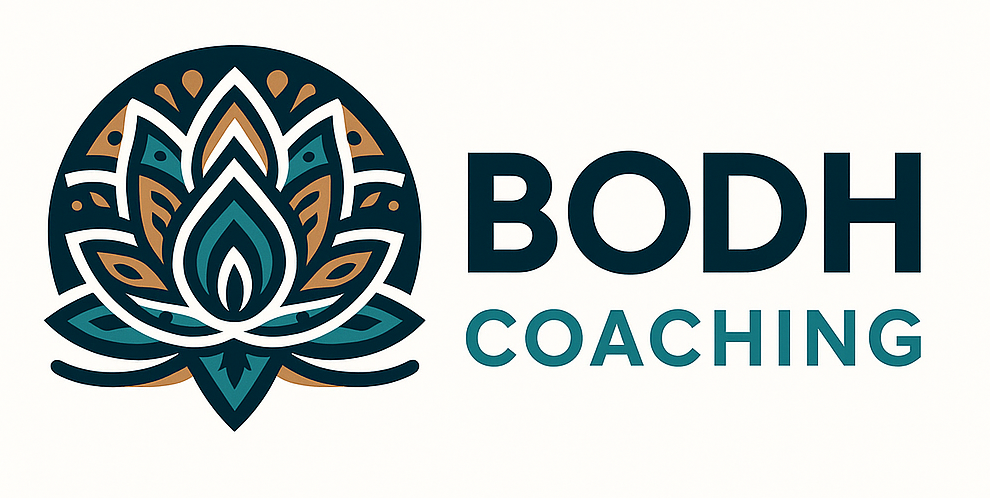AI & ADHD: What Parents Should Know
If you’re raising a young adult right now, you’re parenting in a world that’s changing faster than anything we’ve seen before. I’ve lived through a lot of technological shifts myself. I still remember the excitement when my mom got a “car phone.” It was a cell phone that you could only use in the car. Millennial anyone? Then came the screech of dial-up internet, followed by the rise of social media. Nothing in my lifetime has moved as fast or feels as disruptive as the rise of AI. Many young adults I work with are worried about what it means for their futures, and that concern is valid.
I’m not going too deep into the broad ethics of AI here, but if you’d like to explore that, I recommend Empire of AI by Karen Hao. Instead, I want to talk about how AI intersects with ADHD and how parents can help their young adults navigate this moment.
No one knows exactly how AI will shape the job market. Like past technological revolutions, it will create new roles and make others obsolete. Some jobs will disappear, but others will be born. For young adults with ADHD, this can be an opportunity if they adapt. For parents who worry their child might already feel behind, let me assure you they are not doomed.
People with ADHD often bring creativity, pattern recognition, and fresh problem-solving skills to the table. AI can amplify those strengths. Work that used to require a big team can now be done with a smaller one, allowing ideas to come to life faster (e.g. entrepreneurship). In a world where hiring processes are becoming automated, human connection matters more than ever. These soft skills can set them apart when they build relationships in person rather than relying only on online applications that may never make it past AI filters. Many with ADHD excel in people skills, empathy, and reading the room. Think sales, therapy, coaching and leadership positions.
It is also important to emphasize the healthy and ethical use of AI. Using it to speed up research or fact-check information can be helpful, but outsourcing critical learning is a misstep. Take a history class, for example. If a student uses AI to complete their assignments without doing the work themselves, they might make it through in the very short term. However, if the class is cumulative and they later face an exam that requires prior knowledge, they will be unprepared. The long-term damage is even greater; shortcuts like this weaken mastery, and mastery is what builds both confidence and lasting success.
Parents can help by encouraging their young adult to use AI as a tool, not a crutch. Leveraging it for efficiency while still developing genuine expertise keeps skills sharp and opens doors.
If you’d like help equipping your young adult with the skills, strategies, and adaptability to thrive in this changing world, we’re here to guide them.


